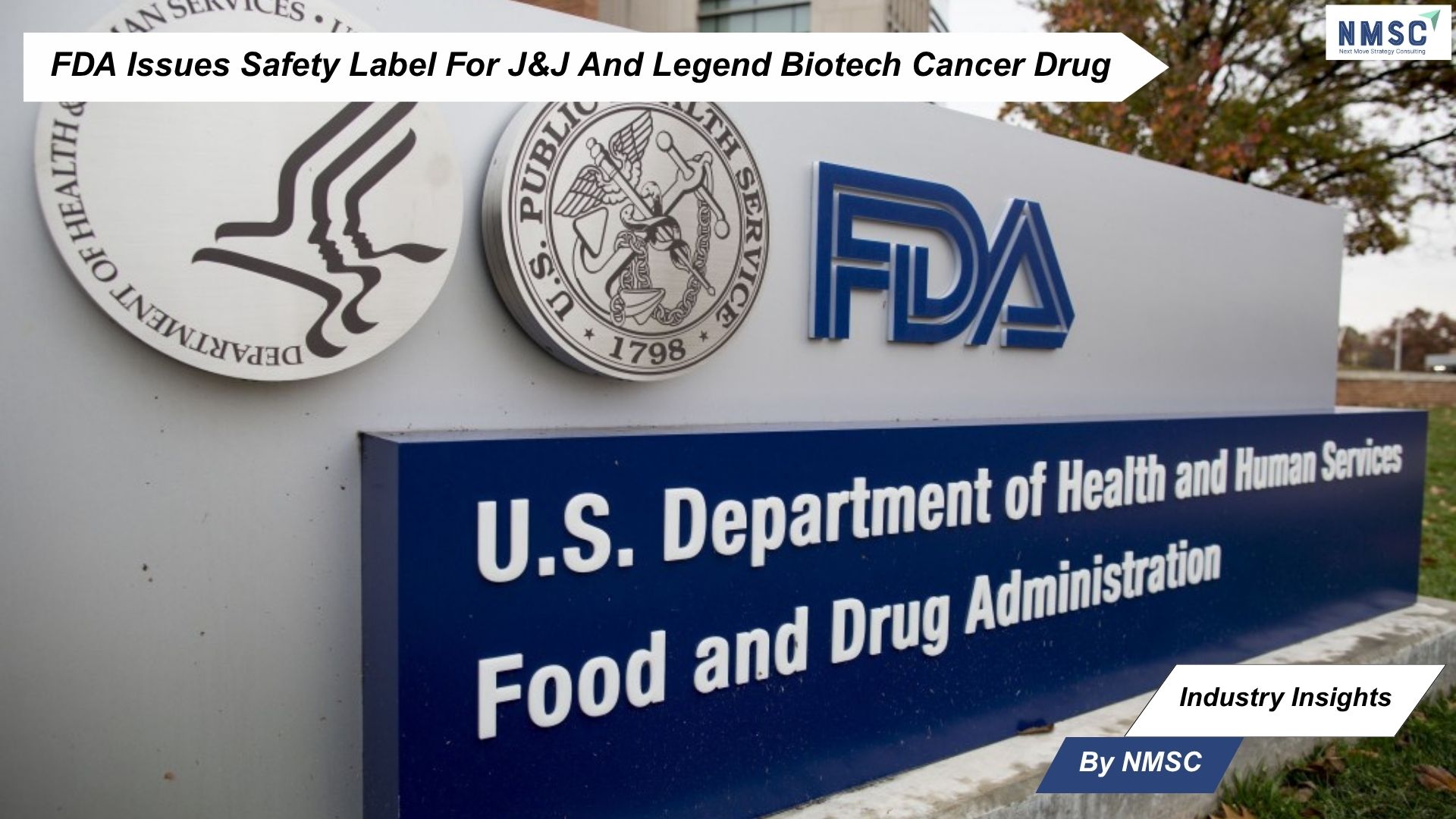Folate and Autism: Trump’s Announcement Puts Vitamins in Focus
Published: 2025-09-22

Industry Insights from Next Move Strategy Consulting
President Donald Trump on Sunday previewed an Oval Office announcement on autism he called “one of the most important news conferences I’ll ever have,” saying the administration had “found an answer to autism” and that audiences would “find it to be amazing.” According to reporting cited in the announcement’s lead-up, the planned briefing is expected to link childhood autism with two related topics: use of the pain reliever acetaminophen (Tylenol) during pregnancy and low maternal folate levels. The announcement is also expected to name folinic acid (leucovorin), a form of folate, as a possible way to decrease symptoms of autism.
A Spotlight on Folate and Folinic Acid
Folate — an essential vitamin for early fetal brain and spinal development — is already recommended during pregnancy to reduce the risk of neural tube defects such as spina bifida. The forthcoming statement reportedly will highlight both low folate levels and folinic acid as central to the administration’s presentation on autism. Folinic acid, also known as leucovorin, is mentioned specifically as a possible intervention to reduce autism symptoms.
Tylenol and Pregnancy: Unsettled Science, Strong Reactions
The proposed link between acetaminophen and autism has generated debate among clinicians, researchers and manufacturers. Tylenol maker Kenvue told officials it had engaged in a “scientific exchange” with US Department of Health and Human Services staff and urged pregnant women to consult health care providers before taking over-the-counter medicines. The company emphasized that, based on a decade of research, it sees no credible evidence connecting acetaminophen to autism and described acetaminophen as “the safest pain reliever option for pregnant women as needed throughout their entire pregnancy,” noting risks that could result if pregnant people avoid effective fever and pain relief.
Clinical and public-health experts cited in reporting urged caution in interpreting any single factor as causal. Dr. Christopher Zahn of the American College of Obstetricians and Gynecologists said there is “no clear evidence that proves a direct relationship between the prudent use of acetaminophen during pregnancy and fetal developmental issues,” emphasizing that neurodevelopmental disorders are multifactorial. The Society for Maternal-Fetal Medicine has also noted that untreated fever and pain in pregnancy carry risks for both mother and infant.
What the Research Says (as Reported)
Studies and reviews on acetaminophen use in pregnancy and later neurodevelopment in children remain mixed. A 2024 JAMA study of more than 2 million children born in Sweden from 1995 to 2019 — including roughly 185,000 whose mothers used acetaminophen — found no association between maternal acetaminophen use and increased risk of autism, ADHD or other neurodevelopmental disorders after sibling and unexposed-child comparisons. In contrast, a meta-analysis published in August in BMC Environmental Health that reviewed 46 studies reported “strong evidence of an association” between acetaminophen exposure in pregnancy and neurodevelopmental disorders in children, while acknowledging that association does not prove causation and urging cautious, individualized use under medical guidance.
Context: Rising Autism Diagnoses and Policy Attention
Autism diagnoses in the United States have increased in recent years: a Centers for Disease Control and Prevention report cited in the coverage noted that about 1 in 31 children were diagnosed with autism by age 8 in 2022, up from 1 in 36 in 2020. The Department of Health and Human Services has been under scrutiny for the handling of autism research and public messaging; Secretary Robert F. Kennedy Jr. has previously pledged that the agency would provide answers about autism causes and interventions this month.
Industry and Expert Response — A Call for Caution
Prominent researchers and clinicians quoted in reporting urged restraint in framing single-factor explanations or treating early findings as definitive. Dr. Peter Hotez, a pediatrician and vaccine researcher, described the evidence linking acetaminophen to autism as “not terribly compelling” and cautioned that focusing an entire briefing on Tylenol without fuller context would be “reckless.” He noted that autism involves a strong genetic component and that environmental exposures may interact with genetic risk in complex ways. Others stressed that folinic acid may have value in specific contexts but is unlikely to be a universal cure for a condition influenced by many genes and factors.
According to Next Move Strategy Consulting: Market Implications
Using only the facts reported in the announcement’s lead-up, attention on low folate levels and folinic acid in the context of autism could shift public and clinical focus toward folate-related interventions. Folate supplements are already recommended in pregnancy to prevent neural tube defects; the administration’s emphasis on folate and folinic acid may intensify discussion among clinicians, pregnant patients and makers of prenatal vitamins about folate formulations. At the same time, strong expert caveats and mixed study results — including large cohort research that found no association and meta-analytic work that reported associations but stressed limits — suggest any market response will be driven by the evolving scientific and regulatory narrative rather than a single announcement alone.
Source: CNN
Prepared By: Next Move Strategy Consulting
About the Author
 Joydeep Dey is an SEO Executive, Content Writer, and AI expert with 2½ years of experience. He specializes in SEO strategy, impactful content, and AI-driven solutions. Passionate about simplifying complex ideas, he helps boost visibility and engagement.
Joydeep Dey is an SEO Executive, Content Writer, and AI expert with 2½ years of experience. He specializes in SEO strategy, impactful content, and AI-driven solutions. Passionate about simplifying complex ideas, he helps boost visibility and engagement.
About the Reviewer
 Debashree Dey is a skilled Content Writer, PR Specialist, and Assistant Manager with expertise in digital marketing. She creates impactful, data-driven campaigns and audience-focused content to boost brand visibility. Passionate about creativity, she also draws inspiration from design and innovative projects.
Debashree Dey is a skilled Content Writer, PR Specialist, and Assistant Manager with expertise in digital marketing. She creates impactful, data-driven campaigns and audience-focused content to boost brand visibility. Passionate about creativity, she also draws inspiration from design and innovative projects.
















Add Comment